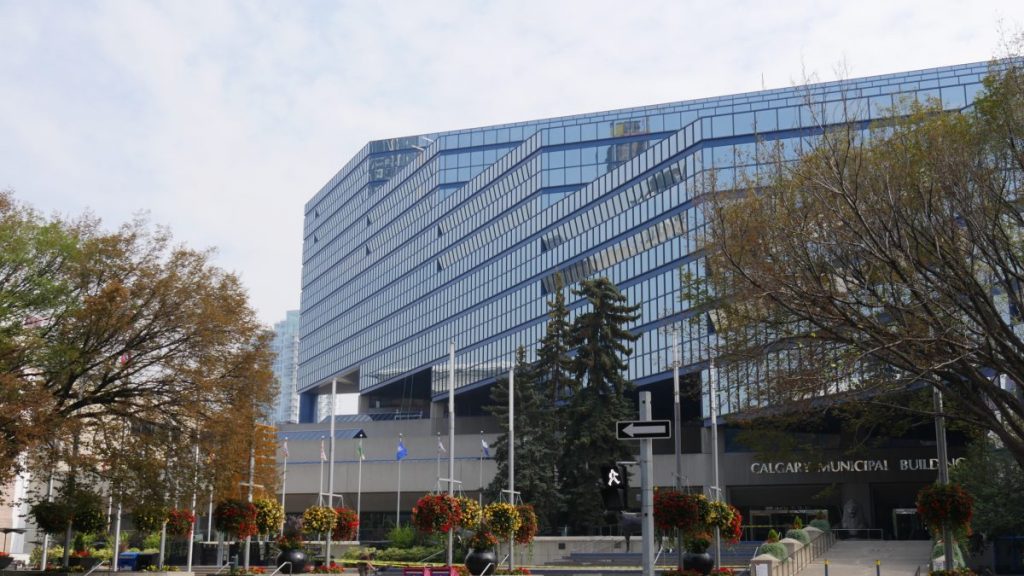Officials: Egypt easing restrictions on Palestinians entering the country
Posted Jul 23, 2012 12:06 pm.
This article is more than 5 years old.
CAIRO – Egypt is allowing freer temporary entry for Palestinians into the country in an unprecedented move that eases long-imposed travel restrictions, particularly on Gazans, Egyptian and Palestinian officials said Monday.
The decision has caused confusion among the security agencies here — and appeared to bring some resistance. Some officers at the airport refused to implement the measures, an airport official said, in a sign of how deeply some in the security forces view the Palestinians as a potential threat.
Even as some officials initially denied any easing, airport officials said seven Gazans were allowed into Egypt by dawn Monday without the usual restrictions.
The changes appeared to be a gesture to the Palestinians after separate meetings last week between Egypt’s new president, Mohammed Morsi of the Muslim Brotherhood, and Palestinian leader Mahmoud Abbas and the leader of Hamas, Khaled Mashaal, whose group controls Gaza.
Egypt’s powerful security agencies have monopolized policy-making toward the Palestinians for years, generally working closely with Israel and taking a tough line for fear of Hamas and the spread of militancy. But security forces have been shaken since the fall last year of Hosni Mubarak — and now particularly with the election of an Islamist as his successor. The initial reaction from some officials could reflect fear the president was moving into their usual spheres of power.
The new measures ease the situation for those living in Gaza, which has been subject to a 5-year-old Israeli blockade keeping them penned into the tiny, Mediterranean coastal territory. The only non-Israeli outlet from the strip is through Egypt, and for years Cairo assisted the blockade. Even after Egypt officially opened the border crossing it imposed heavy restrictions.
Until now, any Palestinian under 40 was escorted by security agents to or from the Gaza border to ensure they spent no time in Egyptian territory. Palestinians saw the practice as a humiliation, especially since it often meant detention at the border or airport for up to three days, often in small rooms alongside criminals, as they waited for an escort.
The new measures end the procedure and allow Palestinians to cross through Egypt on their own arrangements, allowing them to stay in the country for up to 72 hours to do so. The measures came into effect early Monday, and took many security agencies by surprise because it came before a formal announcement was made.
An unidentified Egyptian official at the Rafah crossing separating Egypt and Gaza confirmed to the official news agency MENA that the “deportation” policy had been “abolished” at the crossing.
The official also said an existing black list for Palestinians barred from entering Egypt or travelling abroad is currently under review. Some on the list date back to the 1970s, following Egypt’s peace deal with Israel.
Egypt’s ambassador to the West Bank, Yasser Othman, said transiting Palestinians must have Palestinian national identification and passports, or a proof of residency in a third country.
“We are planning for more procedures to facilitate the movement of the Palestinians but there are no plans to cancel the visa requirement if Palestinians want to enter Egypt,” Othman said.
A Palestinian official in Cairo said more easing of restrictions are being negotiated. He and airport officials in Cairo spoke on condition of anonymity because of the sensitivity of the issue.
Palestinians have generally been subjected to strict Egyptian travel requirements that have kept many of them, particularly after the 2000 uprising against Israel, from entering the country. The situation became more complicated as Egypt under Mubarak closely co-ordinated its security plans with Israel, and observed the blockade on the Hamas-controlled Gaza strip.
After a partial easing of the blockade Egypt allowed a limited number of Gazans out of the territory on humanitarian grounds. Most were subjected to the “deportation” unless they had visas to stay in Egypt.
The director of the border crossing in Gaza, Maher Abu Sabha, said more than 20,000 Gazans are on a two-month waiting list to exit the territory.
Another Egyptian border crossing said more than 600 Gazans have already crossed into Egypt and less than 200 returned to th seaside strip Monday. The official speaking on condition of anonymity because he was not authorized to speak to the media said the number of those who benefited from the easing of restrictions is not yet determined.
After years of such strict treatment, many Palestinians in Gaza were hopeful but skeptical there will be a change of treatment.
“Imagine yourself locked in a small room in the basement of the airport, not allowed to smoke, eat or go to the bathroom except after approval from a security official,” said Youssef Ramadan, a 36-year old merchant from Gaza who often travels to China through Egypt. “Humiliation is not the word. It is a nightmare.”
He spent 36 hours in such conditions on his way back from China in May.
“It’s time to end this and forever. It makes no sense to travel all over the world then Egypt, an Arab country, treats you like an animal.”
___
Associated Press Writer Ibrahim Barzak contributed to this report from Gaza City, Gaza Strip.










